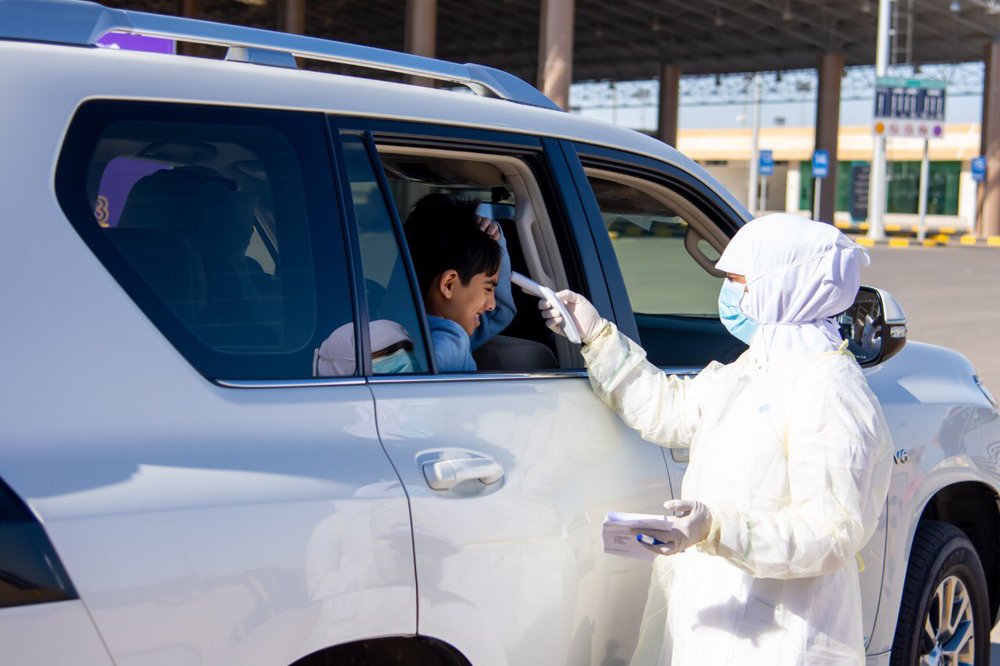
- ARAB NEWS
- 14 Jul 2025

Anyone who is familiar with my columns in this newspaper knows very well that I am not a fan of the Qatari leadership. Nor am I a fan of its foreign policy, of its support for terrorist groups, or even of how it deals with its own people. You may have read detailed and exhaustive reports that we have written about how Qatar stripped citizenship from nearly 6,000 members of the country’s Al-Ghufran tribe. The tribe has been forced out of the country and up to the present, they are still fighting for their natural and legal rights.
Qatar’s support of terror groups is too well documented to be undeniable. There is plenty of evidence to prove beyond any reasonable doubt that the Qatari regime is guilty of harboring, supporting, and financing terrorists. The evidence is available on UN and US terror watch lists. Some of the worst terrorists are based in Qatar and are wanted by both the UN and the US.
Qatar is guilty of meddling in its neighbors’ internal affairs. There are audio recordings of its former sheikh, Hamad bin Khalifa Al-Thani, speaking to the Libyan madman, Muammar Qaddafi, and plotting against the Saudi leadership. In one recording, Hamad bin Jassim Al-Thani, former prime minister and foreign affairs minister, says that in 12 years Saudi Arabia will no longer exist, but will be divided into small states. “The region will be facing a volcano. Saudi Arabia will be facing a revolution,” he said. For his part, Hamad bin Khalifa, the father of the current emir, admitted that Qatar had caused a great deal of trouble to the Kingdom, and said the Saudi government would not remain the same and would certainly end. In addition, he further said the Americans had succeeded in Iraq and the second step would be in Saudi Arabia. He described Egypt and Jordan as two countries lacking dignity because they coordinated their actions with Saudi Arabia’s.
These baseless accusations have helped Qatar seem to be the victim when everybody familiar with the facts knows that it is the villain.
Faisal J. Abbas
Qatar is guilty of all these things — and perhaps others as well. That said, the country is definitely not guilty of planting or spreading the coronavirus which is what a Saudi newspaper columnist — seriously or sarcastically — alleged recently on her Twitter account, adding that Doha’s plan was to plant the virus in China so that it could ultimately prevent Saudi Arabia from reaping the rewards of its reform plans and stop Dubai’s planned Expo 2020 from happening.
Understandably, her tweet has sparked controversy and criticism with some of the respondents wondering if Qatar were indeed behind this plot, it would have been much easier for the tiny Gulf country to plant the virus directly in neighboring Saudi Arabia.
But whether the Saudi newspaper columnist meant what she said or not, the fact remains that such irrational comments made by some commentators and pundits belonging to the countries of the Anti-Terror Quartet have had a negative impact on how this conflict is perceived. These baseless accusations and deviations from the origins of the rift have helped Qatar seem to be the victim when everybody familiar with the facts knows that it is absolutely the villain.
Furthermore, such absurdities are as bad as the increased racism we have seen against Asians around the world — whether in Arab countries or in Europe. The images broadcast of Japanese, Chinese, Singaporean, and Korean citizens being punched and abused in London, Lebanon or Ramallah — or anywhere else — are very disturbing. Recently, a video surfaced on social media in which a Palestinian woman in Ramallah is seen berating two Japanese relief workers. The woman took pictures of them and called them “Corona, Corona.” The Japanese Embassy has said it will investigate the case and it acknowledged at least 10 similar incidents involving Japanese citizens. This is both sad and lamentable.
Such incidents have obscured the fact that in such crises, we also see beautiful moments of solidarity. We see people standing together with the best coming out: Nurses dancing in joy at having helped a patient, or Saudi Arabia sending aid to China, or the UAE opening its medical city to people from friendly countries being brought back from China, and even sending aid to Iran — which still occupies three Emirati-owned islands.
Saudi Arabia was among the first countries to order the King Salman Center for Relief and Humanitarian Action to aid China in its fight against the coronavirus. Riyadh’s support has been warmly acknowledged by China’s ambassador to Saudi Arabia, Li Huaxin, who recalled Saudi Crown Prince Mohammed bin Salman’s visit to Beijing last year and how it signaled a new era in relations between the two countries.
During this time of great turbulence and crisis, we must stand together more than ever and ignore our differences. After all, pandemics — like terrorism — target every single human being. They make no distinctions, whether of color, religion or race.
Faisal J. Abbas is Editor in Chief of Arab News. Twitter: @FaisalJAbbas